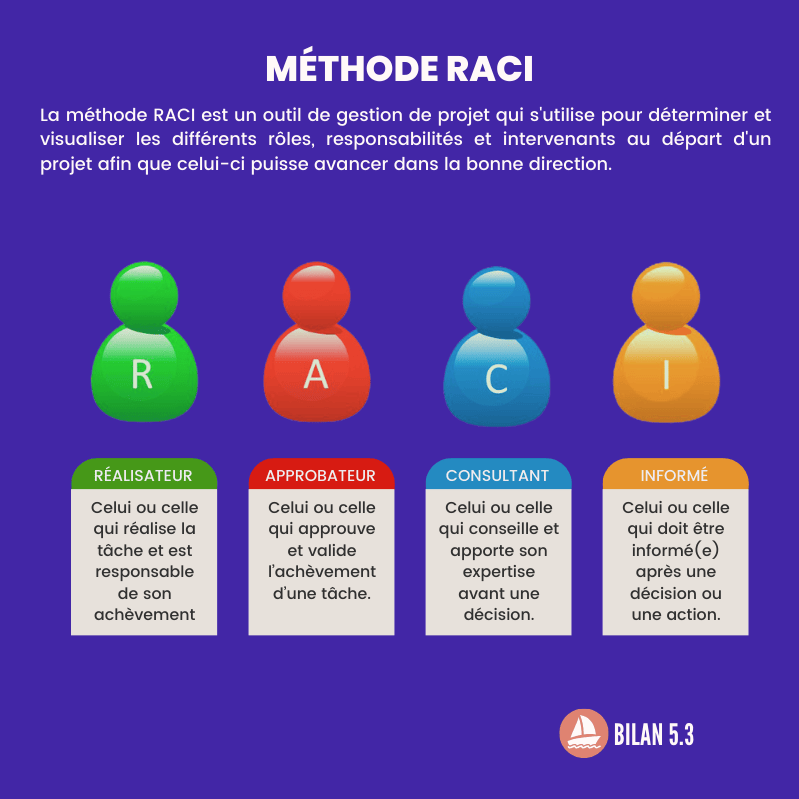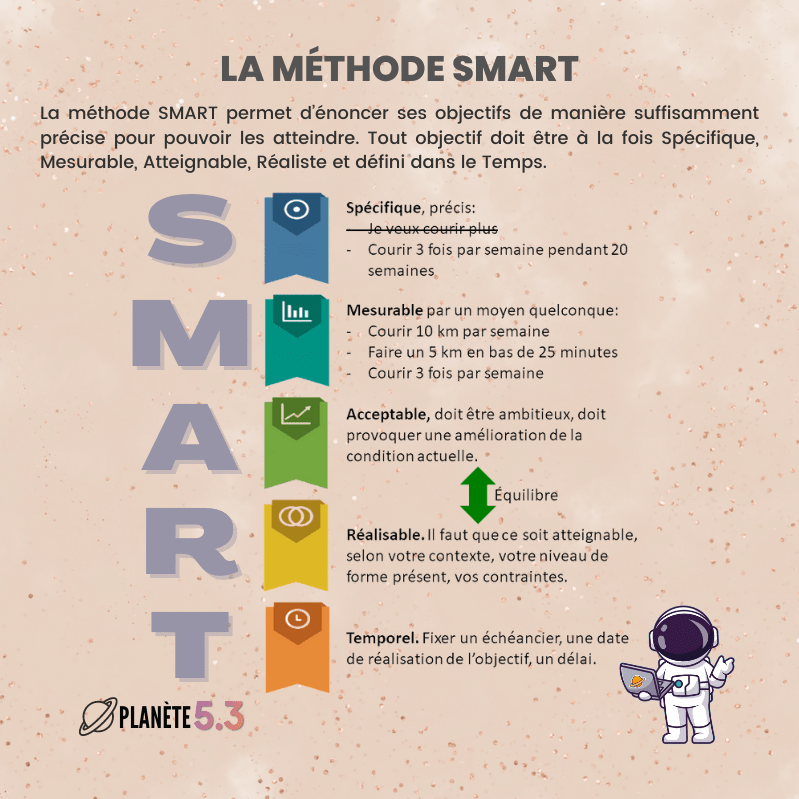
Less stress in Irritable Bowel Syndrome in 7 steps
Long-term stress is at the expense of your health. If you are sensitive to Irritable Bowel Syndrome or other abdominal complaints, these complaints can increase with stress. The RELAX method of the book ‘IBS & Stress’ can help to prevent and reduce these complaints.
Authors Koen Lucas, Joyce Bijl and Jacqueline Gerrits of the book ‘IBS & Stress’ came up with the RELAX method because they noticed that in their practice clients often indicate that there is a link between stress and the severity of their intestinal complaints. It is not a scientifically substantiated method, but based on their own knowledge and skills.
The RELAX method
1. Avoid stress
It sounds very simple: if you know which situations give you stress, it is best to avoid them according to this method. That is not always possible and of course you do not always want to, but if you consciously look up certain situations when you actually know that they give you stress, then it is better not to do that next time.
2. New Behavior
If you do not want to avoid the stressful situation, you can adjust your own behavior in that situation in such a way that the stress decreases. What do you find exciting? Then change the way you deal with that tension. A simple solution is often sufficient. For example, if you are very anxious about a job at work because you are not good at it, ask a colleague for help.
3. Developing Talents
Perhaps you now understand how you should change your behavior in stressful situations, but you are not (yet) successful. In short: you lack certain skills. In this step, determine what you have to learn and then do it. For example, by following a practical course.
4. Leaving points of view
You’ve learned new behaviors, but you don’t always succeed in using that new skill. In this case, there is often a belief that interferes. The book takes a closer look at beliefs. The most important thing in this step is to find out which beliefs help you and which ones hinder you (and change the latter).
5. Personal Development
If you have always seen yourself as healthy and vital and suddenly receive a diagnosis as IBS, this can be very confronting. Then you have to adjust your self-image. This often takes a lot of pain, effort and time. Acceptance is virtually impossible, leaving you to act like your irritable bowels aren’t there. This can lead to overload and more stress. So ask yourself how you see yourself and whether that helps you or not. Keep developing yourself into someone who is increasingly able to cope with the challenges. The book contains tips on how to deal with this.
6. Share
According to this step, you have a large share in what you think and feel. You can actively reverse or change thoughts and thus feelings. You can influence everything that happens in your life. So choose very consciously the things for which you commit yourself: your own share in your life. If these are valuable to you, you can work hard without harmful stress.
7. Now all at once
In this last step, everything you learned in the previous steps comes together. You determine what is important to you in life, what the ideal self-image is that goes with it, which beliefs you want to embrace, what you still have to learn or develop, how you will behave in the future and how you react in situations. moves that you can handle just fine.
Hopefully the tools in this book will help you better understand your stress and deal with it in a different way. The result may well be: calmer bowels and a better quality of life.
Koen Lucas is a certified health coach and trainer. Joyce Bijl is an independent dietician, coach and weight loss counselor. Jacqueline Gerrits is an independent dietician, orthomolecular therapist and teacher. Together they wrote the book ‘IBS & Stress’, part of a series of other books focused on health and intestinal complaints. Please note that the book is not a substitute for any medical treatment.














